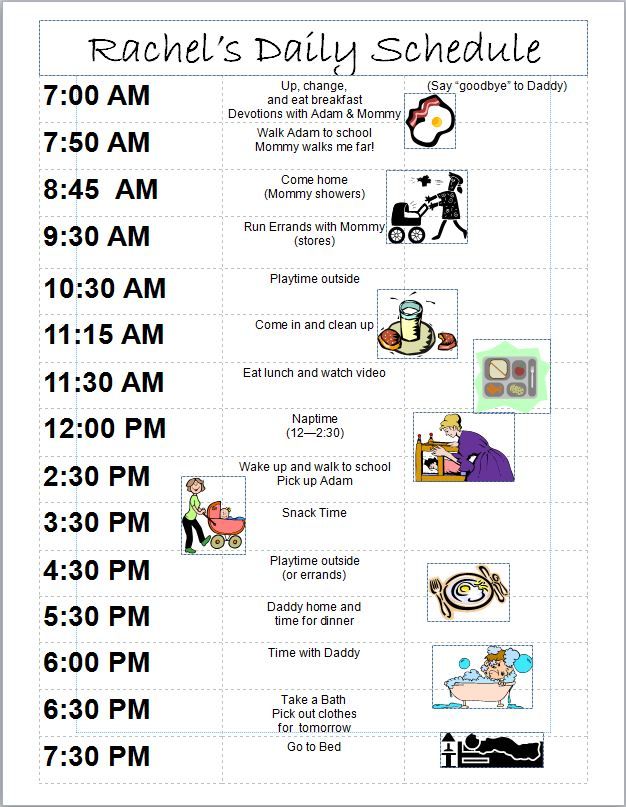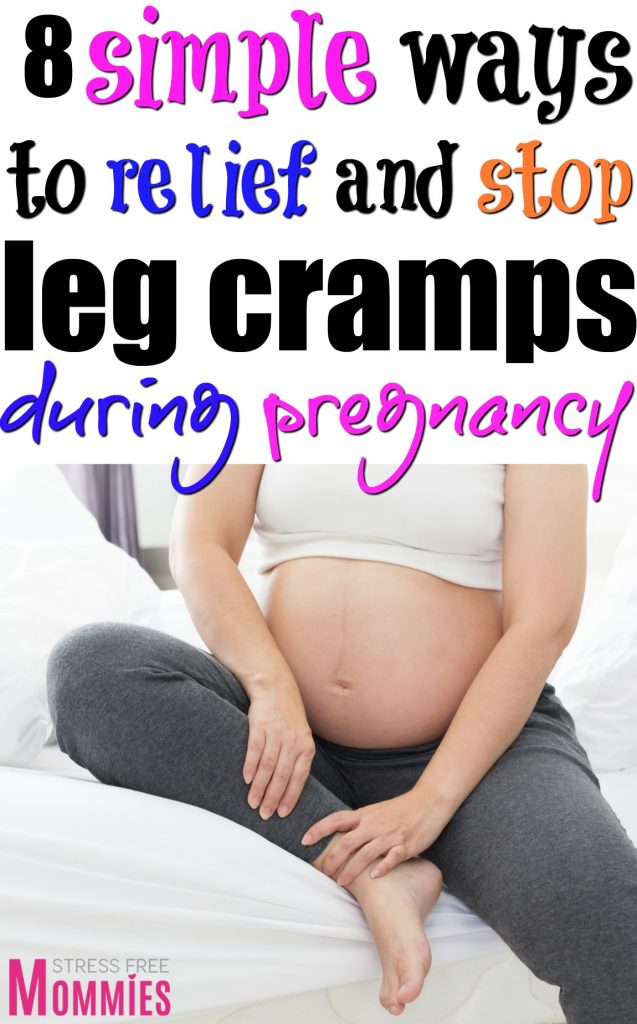Routines for babies 1 month
1 Month Old Sleep Schedule
Those first few weeks of caring for your newborn (and yourself) are full of lots of love and learning. So much of your one month old’s day is full of feeding, diapers, and sleep. I’d love to share some common questions that I get at this age and a one month old sleep schedule.
Parents, when you read this, I want you to really hear my heart. I know that those first weeks can be exhausting. When I talk about a one month old sleep schedule, I want you to know that my motto is “flexible routine, not rigid schedule.” We want to meet your baby right where she is developmentally. So, what does that look like? Let me show you the basics. If you want to see everything step-by-step and with all my best tips, check out my First Five Months Bundle.
What are wake windows for a 1 month old?#
A wake window is the amount of time your baby is awake between one nap and the next. At one month, we begin to see wake windows that are around 50-90 minutes. At 4 weeks, wake windows are going to be closer to 50-70 minutes and by 8 weeks they might be closer to 60-90. Usually, we see that babies have shorter wake windows in the morning and longer wake windows before bedtime.
At one month old, wake windows are a great guideline, but I want you to watch for sleepy cues. Sleepy cues are the signs your baby uses to communicate that he’s tired, ready for a nap, or overtired.
What is a sample schedule for a 1 month old?#
Your one month old’s day might look something like this:
Now, this is just an example. This is not a schedule to follow to the minute. Your baby is a human, not a robot, and needs us to be flexible. To see how a day could play out with different nap lengths, wake windows, and feeding intervals check out my blog on Short Naps and Newborns.
What are developmental milestones for a 1 month old?#
When we talk about milestones, remember that some babies reach them sooner and other babies take a bit longer.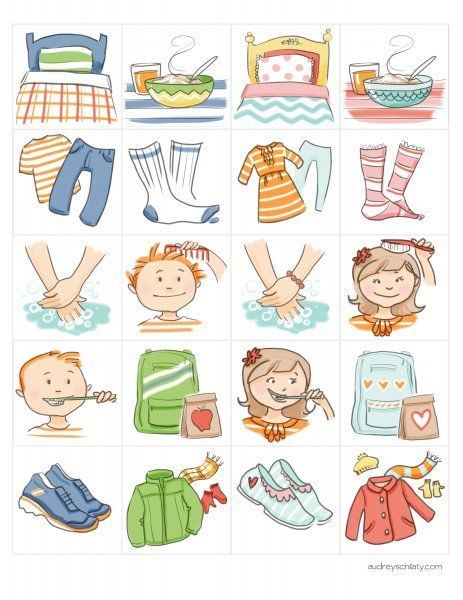 Milestones happen in a range, and we aren’t going to compare your sweet baby to the baby next door. If you have any questions about your one month old’s development, please reach out to your pediatrician.
Milestones happen in a range, and we aren’t going to compare your sweet baby to the baby next door. If you have any questions about your one month old’s development, please reach out to your pediatrician.
Here are a few things that you might start seeing your newborn do this month:
Bring his hands to his face
Begin to track with her eyes moving objects that are 8-12 inches away
Turn towards familiar voices
Briefly hold his head up from a flat surface or from being held
React to loud noises
Briefly grasp and hold objects with her hand
How do I play with a 1 month old? #
I know that it can be tricky to add active awake time for your one month old. It can feel like feeding takes up most of that time. I don’t want you to stress. Do you know the best toy for that baby? You! Babies love that face-to-face interaction and can learn so much from you talking, holding, and staring into their sweet little face.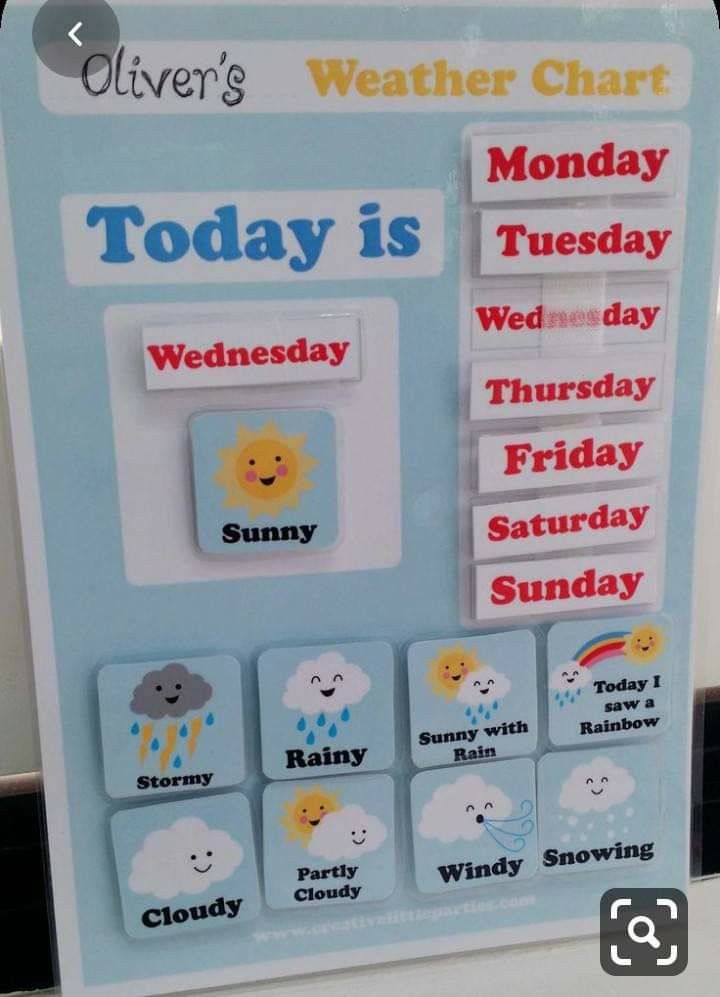 I’ve got even more tips for you in my blog on baby play for newborns.
I’ve got even more tips for you in my blog on baby play for newborns.
How do I get my 1 month old to sleep?#
We often think that babies will just sleep when they are tired and that sleep comes naturally to newborns. The truth is that sometimes we have to help newborns be successful little sleepers. My First Five Months Bundle will help you set your days and nights up for success, learn your baby's cues, calm a fussy baby, and so much more. I want you to set a healthy sleep foundation for your baby and love the newborn stage.
What is a good nap for a 1 month old? Can a 1 month old nap too long?#
At one month old, it is common for naps to be anywhere from 20 minutes to 120 minutes. I talk all about newborns and naps in my blog Short Naps and Newborns.
I know that you’ve probably heard the phrase “never wake a sleeping baby.” But, if your newborn is napping for two hours, we do want to wake them and offer a feeding. Prioritizing daytime calories helps babies to get on track with their days and nights, stay on their growth curve, and start working toward a longer stretch of sleep at night.
How much total sleep should a 1 month old have?#
Rather than worrying about the perfect number of hours, we are going to follow your baby’s lead. Here are a few things to aim for:
We aren’t going to let any one nap go longer than two hours
You’ll want to aim for wake windows around 50-90 minutes.
I don’t recommend letting your baby’s night last any longer than 12-12.5 hours.
When is bedtime for a 1 month old?#
I love a bedtime between 7 and 8pm, but some one month olds just do better with a nap around that time and a later bedtime (8-10pm). It's all about finding what works best for your baby. My blog on False Start Bedtimes is a great resource for helping you decide.
Is there a sleep regression at 1 month old?#
When we talk about regressions in baby sleep, what we are really talking about are progressions in development that make sleep tricky for a short period of time. At one month old, your baby is still learning about the world, and while we wouldn’t expect any regressions, I do want you to check out these blogs that can be so helpful in those common struggles the first few months:
At one month old, your baby is still learning about the world, and while we wouldn’t expect any regressions, I do want you to check out these blogs that can be so helpful in those common struggles the first few months:
Day-Night Confusion: When newborns first come home, they can sometimes experience day-night confusion where they want to sleep all day and be up all night. I know that this can be exhausting for new parents, and it doesn’t have to last forever.
Is your newborn feeding every hour and not sleeping?: When your baby is snacking all day, it can make nights tricky. We really want to be responsive to hunger cues and aim for feedings about every 2-3 hours throughout the day to help your baby get good, full feedings instead of snacking.
Active Sleep and Newborns: Newborns can be really active in their sleep. Sometimes we can be unintentionally waking our babies. We see them moving or even making noise and assume that they are awake, while they are actually sleeping.
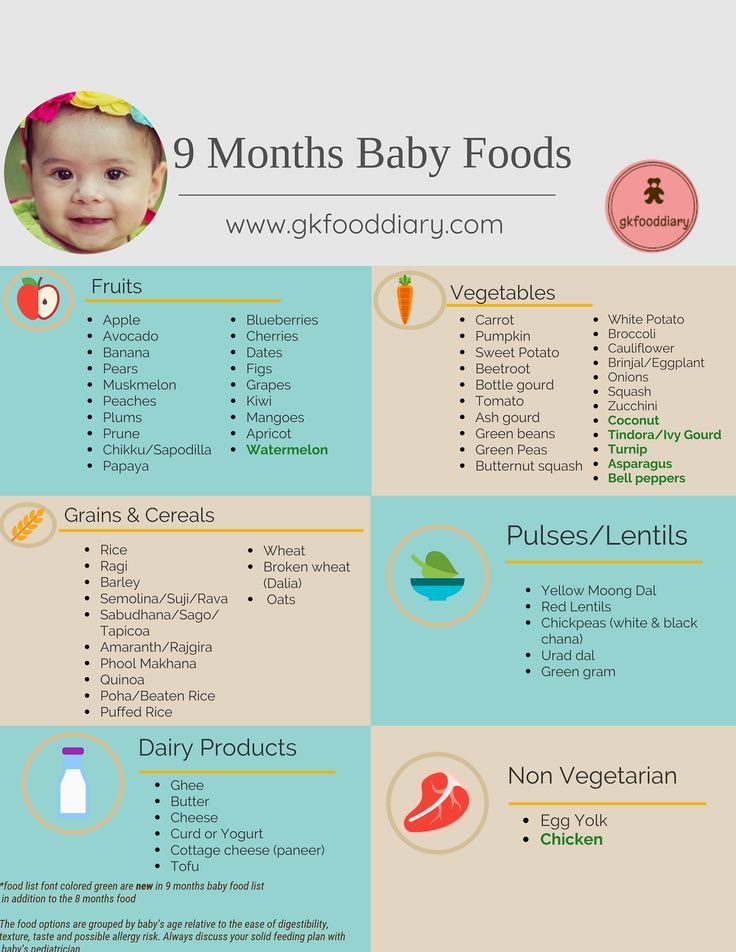
Can my 1 month old sleep with a pacifier?#
Absolutely! The benefits of pacifiers are huge, and they can be such a great tool to help your baby sleep well. My blog on newborns sleeping with pacifiers covers everything you need to know from your concerns about breastfeeding and pacifiers to how to introduce them and even what to do if your baby becomes overly dependent on the pacifier for sleep.
Should I swaddle my 1 month old? #
Swaddling can be so helpful for babies. It mimics that warm, secure feeling that they had in the womb. I've compiled the research that shows that swaddling is safe and beneficial for newborns in this blog on Should I Swaddle My Baby?. It's important to note that it's time to stop swaddling when your baby shows signs of rolling (for most babies, that isn't happening this month).
What should my 1 month old wear for sleep?#
That depends on the temperature of your home and your climate.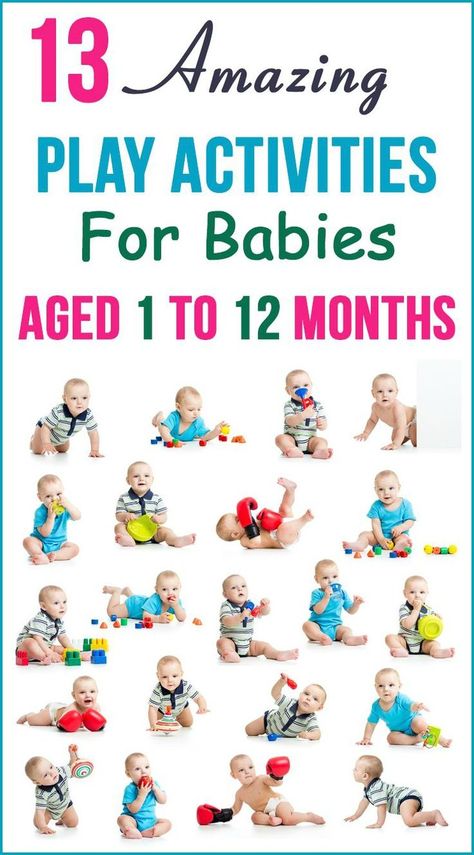 Overheating can be dangerous, and cold babies just don’t sleep well. We want your one month old to be at a comfortable temperature. The layers will depend on the temperature in your house. For some, a diaper and a swaddle is enough; for others, a diaper, onesie, and a swaddle is perfect; and for colder homes, perhaps a diaper, footie pajamas, and then a swaddle is just right. My blog on how to dress your baby for comfortable sleep goes into even more detail for you.
Overheating can be dangerous, and cold babies just don’t sleep well. We want your one month old to be at a comfortable temperature. The layers will depend on the temperature in your house. For some, a diaper and a swaddle is enough; for others, a diaper, onesie, and a swaddle is perfect; and for colder homes, perhaps a diaper, footie pajamas, and then a swaddle is just right. My blog on how to dress your baby for comfortable sleep goes into even more detail for you.
What is a bedtime routine for a 1 month old?#
It’s never too early to start a bedtime routine. Even before your baby can recognize the routine, there is value in the calming impact of a bedtime routine. This sets the tone for everyone going into bedtime and avoids overstimulating your baby. For babies who experience the witching hour, this can be such a great tool. Bedtime routines don’t have to be complicated, so don’t feel like you need to add a lot of steps. A simple bedtime routine at one month old can be as easy as changing a diaper, lotion, pajamas, sing a lullaby, swaddle, lay down in the crib or bassinet.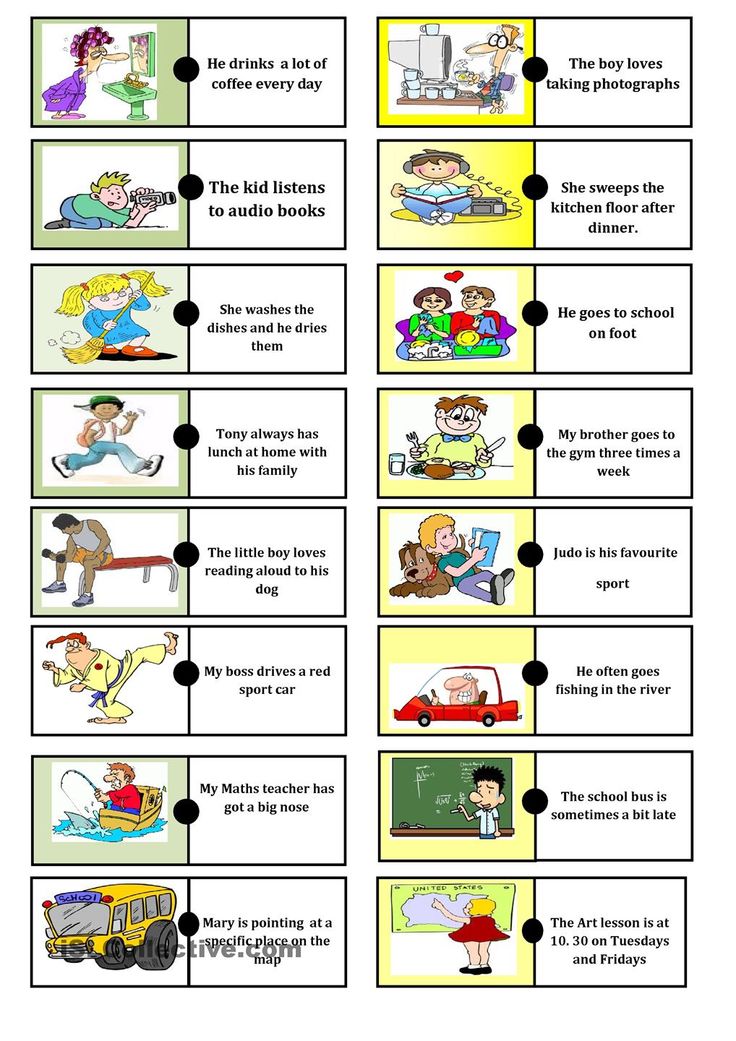
When do babies start sleeping through the night?#
I know that you want to hear a specific age for when babies start sleeping through the night. But, the truth is that it is different for every baby. Once your pediatrician has given you the clearance to no longer wake your baby for night feeds, the longest stretch that we want to see is their age in weeks plus one hour. So, for a 4 week old, we wouldn’t want their longest stretch to go any longer than 5 hours. Now, I want you to work closely with your pediatrician. Some babies DO need to get in those nighttime calories and be awakened much sooner.
Please know, you don’t have to do this alone. My newborn class will provide you with the tools you need to set your days and nights up for success, read your baby’s cues, work towards those longer stretches of night sleep, and love the newborn stage.
Already have a 2 month old? I've got you covered with my 2 month sleep schedules.
1-Month-Old Baby: Milestones, Sleep, and Feeding
Having your baby at home with you in the first few weeks might have felt daunting.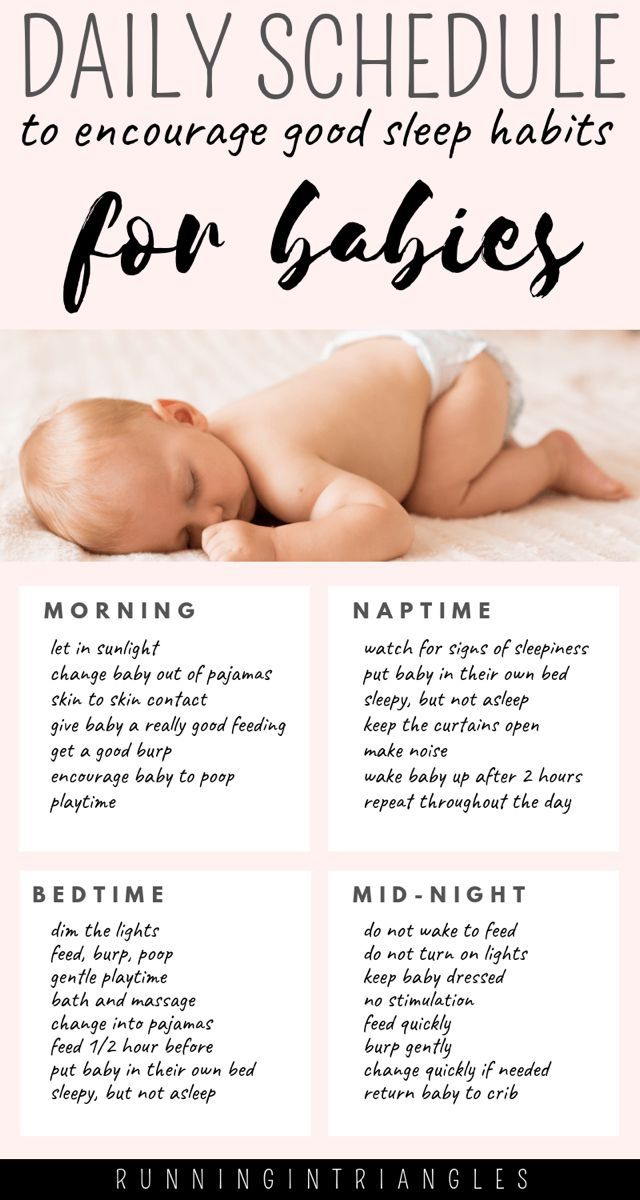 As the weeks progress and you gradually adjust to this new little person in your life, you'll become more confident and comfortable. Don’t get too comfortable though! Newborns grow and change rapidly, and your baby will be keeping you on your toes in weeks five, six, seven, and eight. To help you feel more prepared, we’ll outline some typical milestones for a 1-month-old baby, cover what you need to know about feeding and sleeping schedules at this stage, and give you a heads-up on potential conditions your baby might develop, like colic and cradle cap.
As the weeks progress and you gradually adjust to this new little person in your life, you'll become more confident and comfortable. Don’t get too comfortable though! Newborns grow and change rapidly, and your baby will be keeping you on your toes in weeks five, six, seven, and eight. To help you feel more prepared, we’ll outline some typical milestones for a 1-month-old baby, cover what you need to know about feeding and sleeping schedules at this stage, and give you a heads-up on potential conditions your baby might develop, like colic and cradle cap.
Your baby is unique (you knew that, of course!) and it’s normal for them to grow at their own pace. Don’t be surprised if your baby’s development in one area seems to lag for a few weeks, only for them to catch up soon after. Here are some of the baby milestones to look forward to now that your baby is 1 month old.
Growth and Physical Development: Chubby CheeksDoes it seem as if your baby’s growing out of their clothes at supersonic speed? On average, babies gain about 1 to 1 1/2 inches in length and about 1 1/2 to 2 pounds in weight this month.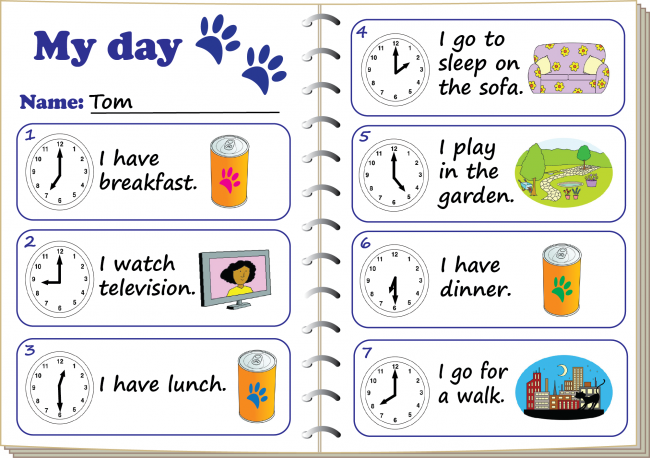 At the upcoming checkup, your baby’s healthcare provider will look at your 1-month-old baby’s weight, length, and head circumference and plot these key measurements on baby growth charts. What matters is that your baby grows at a steady rate. However, your baby will go through growth spurts from time to time.
At the upcoming checkup, your baby’s healthcare provider will look at your 1-month-old baby’s weight, length, and head circumference and plot these key measurements on baby growth charts. What matters is that your baby grows at a steady rate. However, your baby will go through growth spurts from time to time.
You might notice that your baby’s head is disproportionately larger than their body. This is perfectly normal: their head’s growing a little faster and their body will soon catch up. Your baby will also start to lengthen and develop stronger muscles. Luckily, they’ll still have those cute chubby cheeks for some time to come!
Senses: Eyes on That RattleIn every waking moment, your baby is slowly taking in the sights, sounds, and smells around them. So, what can babies see at 1 month? Your baby’s vision at 1 month old is still developing, but by now they may be able to better focus on faces and track objects moving in front of them. In the next month or so they may also start to reach for objects.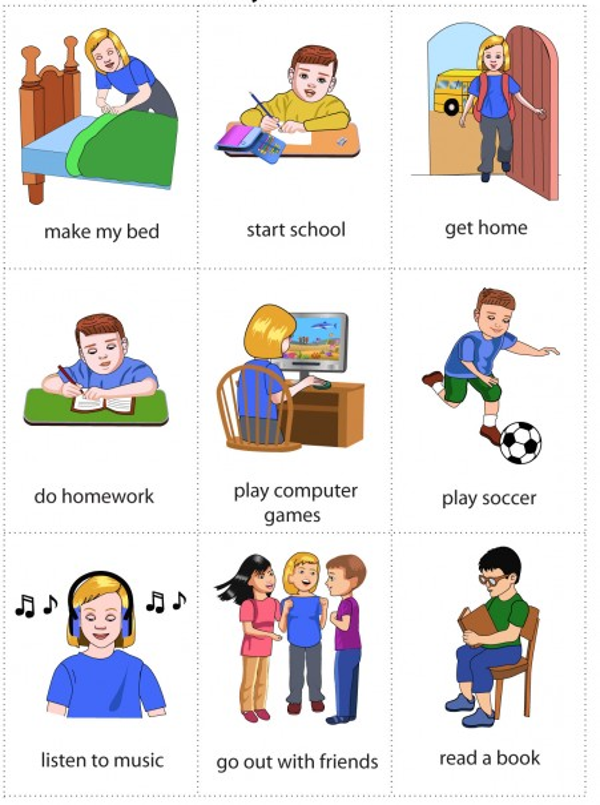 For example, if you hold a rattle in front of them, they may start batting at it.
For example, if you hold a rattle in front of them, they may start batting at it.
This month, most of your 1-month-old baby’s movements will still be reflexive, but some of your baby’s reflexes present in the first four weeks may gradually disappear and be replaced by more controlled movement. For example, your baby may briefly hold their head up when they're on their tummy, and they may start to stretch their arms instead of holding them close to their body.
Your baby may also start to stretch and kick their legs. It might seem like a little thing but they’re working hard to strengthen their leg muscles and improve their motor skills. Be careful: Even very young babies can roll over from time to time, so make sure you keep an eye—and hand—on them when they’re up somewhere high like a changing table.
related baby tool
Keep an eye on your baby’s average growth by tracking height, weight, and head circumference with our simple tool.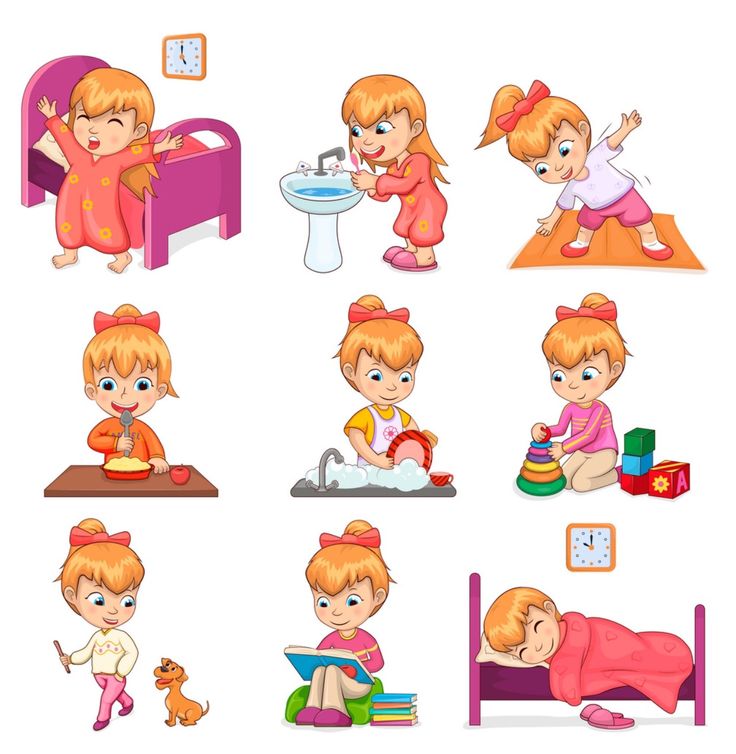
Fill out your baby's details*:
What is your child*
Boy Girl
This is a mandatory field.
Age (between 0 and 24 months)
This is a mandatory field.
Weight (lbs.)
This is a mandatory field.
Height (in.)
This is a mandatory field.
Head circumference (in.)
This is a mandatory field.
*Input details of your baby’s last measurements. **Source: World Health Organization
Crying and Communication: Mom, I'm Bored (or Hungry)!
This month your baby can probably start communicating in a clearer way. If they’re bored, they may let you know by crying out until they’re shown something new.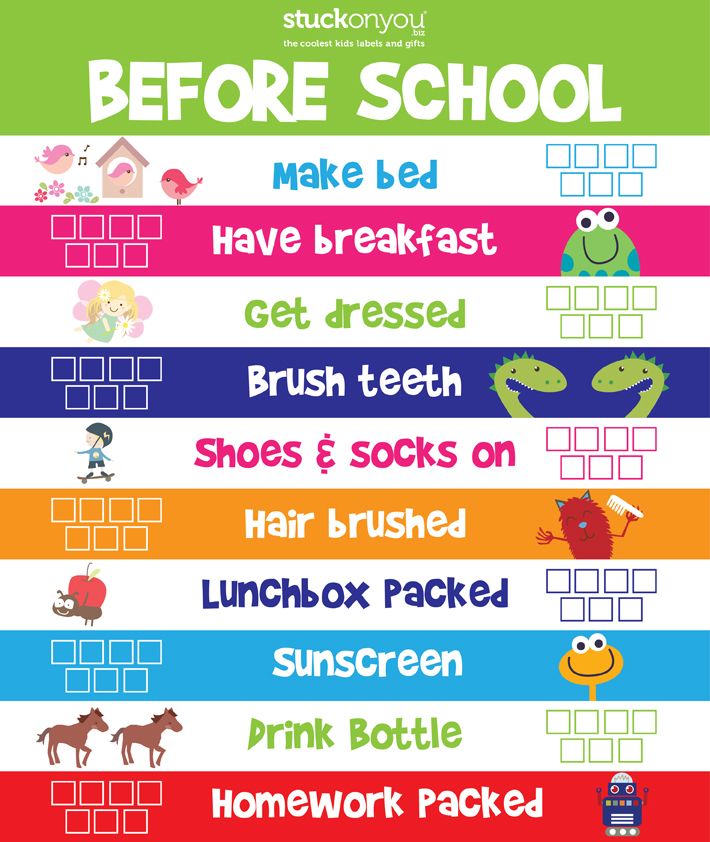 If they’re amused, they may respond by smiling. Around this time, you might also start being able to tell the difference between their hungry cries, tired cries, and irritated cries.
If they’re amused, they may respond by smiling. Around this time, you might also start being able to tell the difference between their hungry cries, tired cries, and irritated cries.
If you haven’t experienced it yet, this month you might see your baby’s first true smile, sometime called the social smile. They’ll flash that little grin when they’re awake, in response to something like the sound of your voice—and your heart will melt.
Activities for Supporting Your 1-Month-Old Baby’s DevelopmentHere are some things you could try this month:
Cuddle time. Cuddle your baby as much as possible. Experts say the more quickly and consistently you comfort your baby when they’re upset in the first six months, the less demanding they may be when they’re older.
Visual stimulation. At this stage, your baby might be drawn to objects with bold patterns, such as stripes or checkerboard designs, in black and white or bright, contrasting colors.
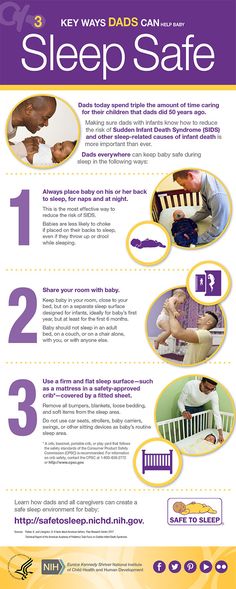 A mobile hung safely over the crib is a good choice.
A mobile hung safely over the crib is a good choice.Tactile toys. Your baby is getting to know the world through touch, too. Show them toys with different textures, shapes, and sizes.
Talking with your baby. Have a conversation with your baby by letting them “talk” using their coos, gurgles, and smiles, and talking back to them using words, sounds, and facial expressions. In time, your baby will learn to imitate you, so these early “conversations” are an important part of their development.
Getting physical. Gently stretch your baby’s arms in front of them to form a “clap”; move your baby’s legs as if they were cycling; and continue to practice tummy time. These movements and exercises help develop muscle strength and coordination.
Playing peek-a-boo. If you’re wondering how to entertain or play with your 1-month-old baby, a game of peek-a-boo always works! That's because babies love seeing faces, especially those of their parents.
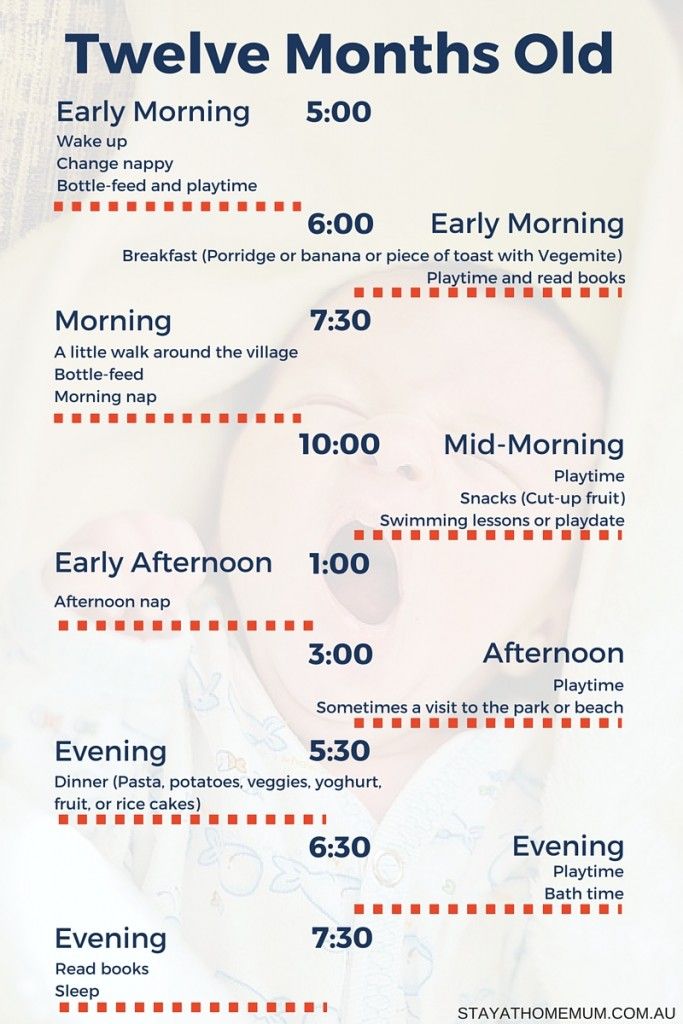
Bonding. Establishing security and trust with your baby allows them to reach their full potential. Find out more about bonding with your newborn in those everyday moments.
Keep in mind that there’s only so much stimulation young babies can handle. Watch for signs that your baby has had enough—they might look away or cry—and give them a chance to rest.
Watch the short video below to learn more about bonding with your baby through touch.
Feeding Your 1-Month-Old BabyYou may be wondering how often “should” a 1-month-old baby eat as they grow. It's best to continue to feed your baby whenever they seem hungry. Your 1-month-old baby’s feeding schedule may likely look like this: about eight times in a 24-hour period for babies who are breastfeeding or about every three to four hours for babies on formula. If your baby is mid-growth spurt, they may want to eat a little more often.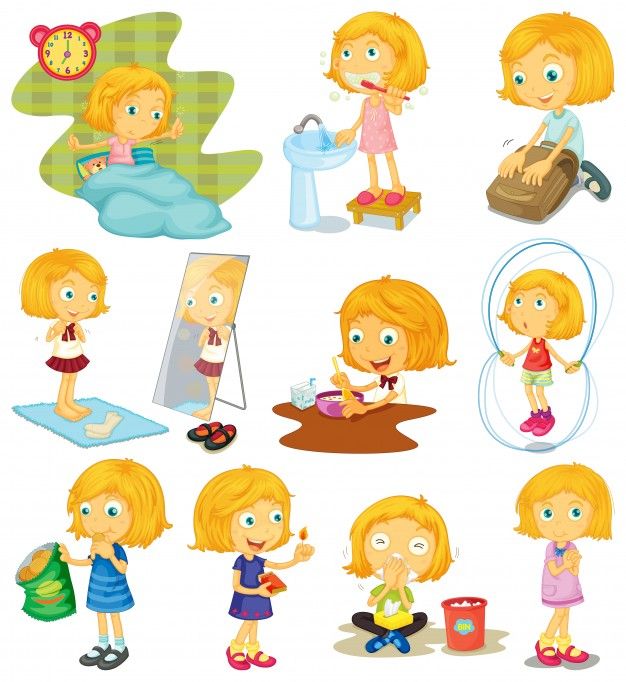
If you’re new to nursing, read more about the how-tos of breastfeeding and check out our go-to breastfeeding guide.
Burping Your BabyBabies can swallow air when they feed—more often when they’re bottle-fed than when nursing. This swallowed air can make them feel uncomfortable and fussy. To help ease their discomfort, burp your baby during bottle feeds, or when you switch them from one breast to the other. Try one of the burping positions and techniques listed below, using a burp cloth or a small blanket to protect your clothes from spit-up:
Hold your baby upright with their head resting on your shoulder, patting their back with your other hand.
Rest them on your lap with their tummy down and gently rub or pat their back.
Sit your baby on your lap supporting their chin and chest with one hand while rubbing or patting their back with the other.
At this stage, babies may produce about four to six wet diapers a day.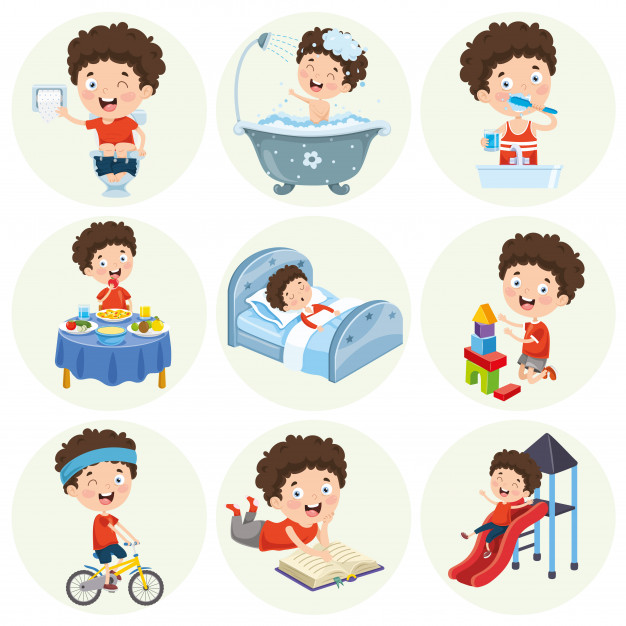 If you’re wondering what “should” a 1-month-old baby’s poop look like, know that there is a wide range of “normal” baby poop. And, when it comes to your 1-month-old baby’s poop frequency, even that can vary from baby to baby.
If you’re wondering what “should” a 1-month-old baby’s poop look like, know that there is a wide range of “normal” baby poop. And, when it comes to your 1-month-old baby’s poop frequency, even that can vary from baby to baby.
Most babies will have at least one bowel movement a day, but some babies may go several days or a week without pooping. This is likely OK as long as the consistency of the stool is normal—in other words, soft and a little runny—and your 1-month-old baby is eating well and gaining weight. Consult your baby’s healthcare provider if you think your baby may be producing too few wet or soiled diapers, which may indicate your 1-month-old baby is eating less than usual.
Given all the diaper-changing going on in your life, you deserve a reward! Download the Pampers Club app and start earning cash back for all your diapers and wipes purchases.
How Much Sleep Does a 1-Month-Old Baby Need?If you’re wondering how much “should” your 1-month-old baby sleep, by around 4 weeks of age many babies sleep about 14 to 17 hours a day—including roughly five daytime naps. However, every baby is different. With some luck, your baby might start sleeping for longer stretches overnight from about 6 weeks of age, though your 1-month-old baby sleeping through the night is still a ways off.
However, every baby is different. With some luck, your baby might start sleeping for longer stretches overnight from about 6 weeks of age, though your 1-month-old baby sleeping through the night is still a ways off.
If you're feeling super tired, take heart: Over time, your baby’s natural biological sleep cycle will emerge, but for now it’s important to allow your baby to sleep whenever they’re drowsy. A key point to remember: Always put your baby to sleep on their back,which can help prevent sudden infant death syndrome (SIDS).
The Fundamentals of Baby SleepFor more insights and advice on your 1-month-old’s sleep schedule, check out the Newborn Sleep Fundamentals in the Smart Sleep Coach by Pampers app. This easy-to-use app was codeveloped with pediatricians and includes everything you need to know about the science behind babies’ sleep. Plus, it has emotional support for you, tips on creating calming bedtime routines that encourage sleep, and a proprietary algorithm that customizes sleep coaching approaches for when it comes time to help your baby, and you, sleep longer each night.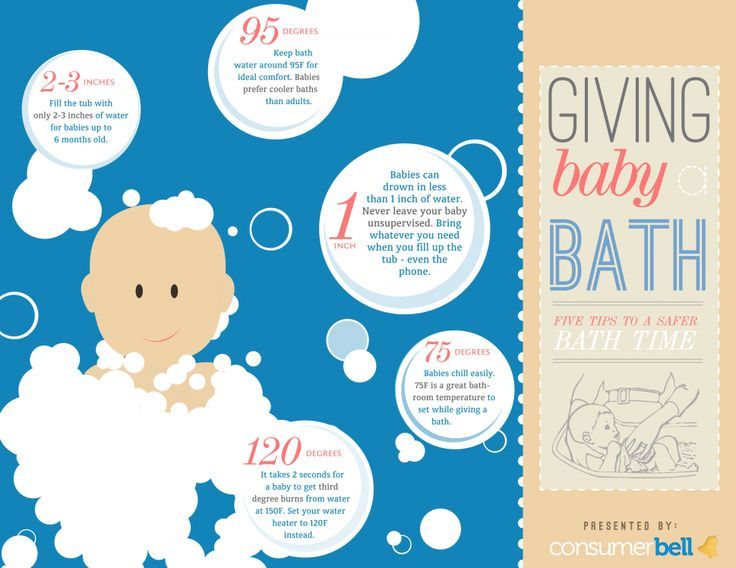
So, what can babies do at 1 month? Here’s an example of a typical day’s routine for a 1-month-old baby, including bathing, sleeping, feeding, and playing:
Your Baby’s HealthSome health issues you may encounter this month include:
Cradle cap. This condition consists of scaly patches on your baby’s head. Washing their hair and gently combing out the scales may help; if not, your baby’s healthcare provider may recommend a special shampoo.
Diarrhea. If your baby has very loose, watery stools more than six to eight times a day, let your baby’s healthcare provider know.
Constipation. If your baby hasn’t had a bowel movement in several days and this is unusual for them, or if you think they may be constipated, reach out to your provider.

Vomiting. If your baby is vomiting forcefully (i.e., projectile vomiting), is vomiting for more than eight hours or after a couple of feedings, or if any kind of vomiting is accompanied by fever or diarrhea, check in with the provider.
Spitting up. Spitting up a small amount after eating or being burped can be normal for young babies, especially if it happens within about an hour of feeding. If your baby seems irritable during feeds or shows any other signs of being unwell, contact your baby’s healthcare provider to make sure everything is OK.
Baby acne. Pimples may appear on your baby’s face at the start of this month. They may be prompted by the stimulation of oil glands in your baby's skin. Try placing a clean receiving blanket under your little one's head while they’re awake and wash their face once a day with a mild baby soap.
Baby eczema. Does your 1-month-old baby have dry skin on their face or elsewhere? It could be eczema, which can occur after 1 month of age.
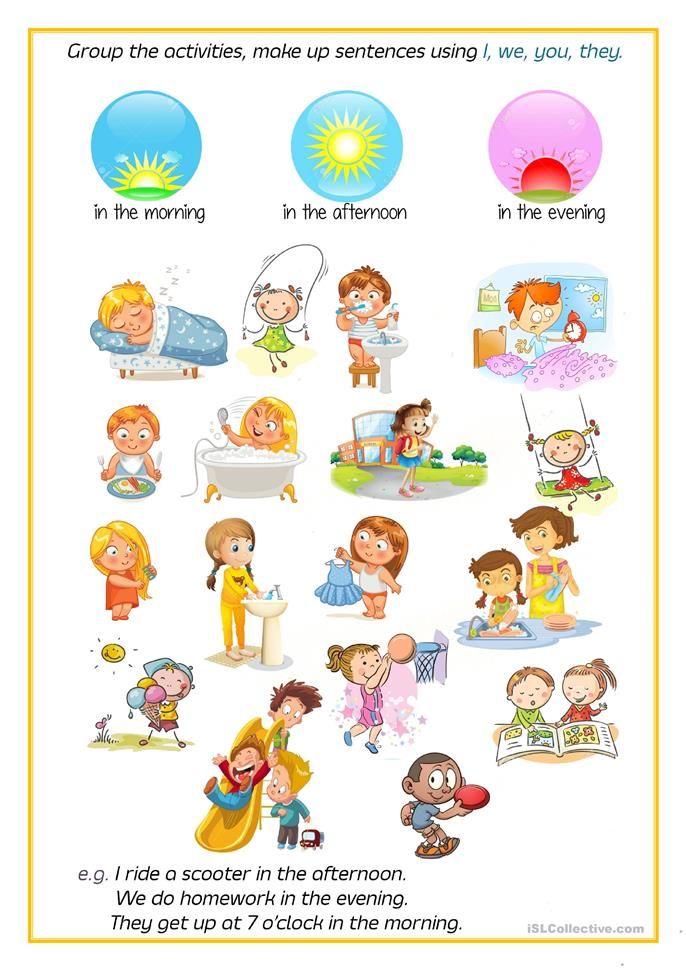 Your baby’s skin may look dry and scaly, and your little one may have red patches on their face, inner elbows, and/or backs of the knees. Consult your baby’s healthcare provider for treatment. In the meantime, avoid using scented laundry detergent to wash your baby’s clothes and dress your baby in soft fabrics, avoiding wool and rough weaves.
Your baby’s skin may look dry and scaly, and your little one may have red patches on their face, inner elbows, and/or backs of the knees. Consult your baby’s healthcare provider for treatment. In the meantime, avoid using scented laundry detergent to wash your baby’s clothes and dress your baby in soft fabrics, avoiding wool and rough weaves.
So, how often “should” you bathe your 1-month-old baby? Three times per week is generally recommended; bathing more frequently can dry out your baby’s skin.
When Is Crying Colic?All babies cry from time to time, but persistent crying may be a condition called colic if
your baby seems to cry each day or evening for hours on end
the crying sounds high-pitched
the crying seems to be for no apparent reason
you have a hard time calming your baby when they’re crying.
Your baby’s healthcare provider may make a diagnosis of colic if your little one cries for more than three hours a day, more than three days a week, for at least three weeks straight.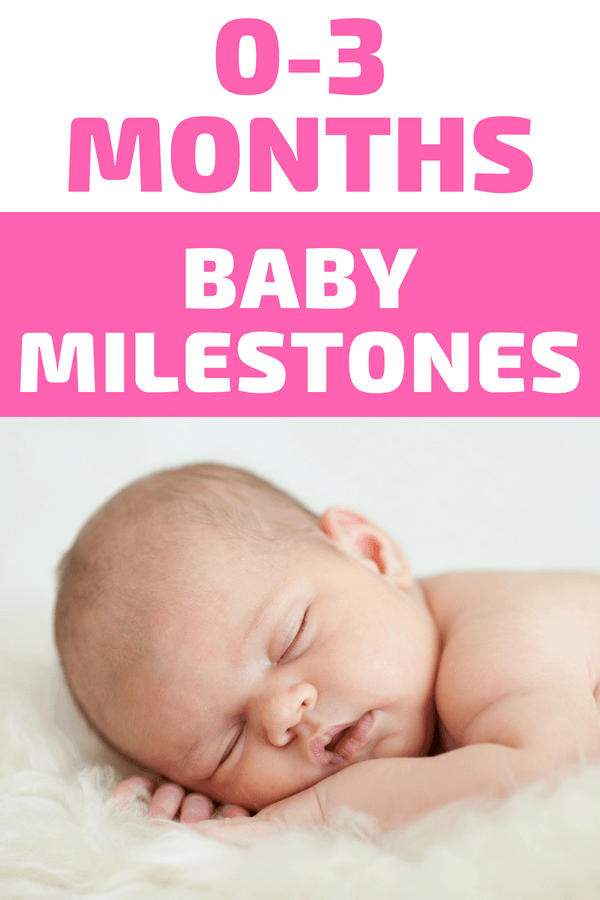 Colic often starts when a baby is 2 to 4 weeks old and can last until the baby is about 3 to 4 months old.
Colic often starts when a baby is 2 to 4 weeks old and can last until the baby is about 3 to 4 months old.
Experts aren't sure about the cause of colic, but some potential factors could include:
Gas. It could be that your baby cries because of discomfort associated with gas. If you notice your baby has a distended stomach and passes gas while crying, this could be the cause. Don’t overfeed your baby. If their tummy seems distended with gas, you could place them on their tummy across your knees, as this extra pressure on their belly may feel good.
Sensitivity to stimulation. Your baby may feel overwhelmed and may not yet be able to soothe themselves, leading them to cry. You can try to console them by holding them while walking, rocking them in a rocking chair, putting them in a vibrating baby seat, or driving them around.
Food allergy or sensitivity. Some breastfed babies may be sensitive to a food in mom’s diet, causing discomfort and resulting in crying.
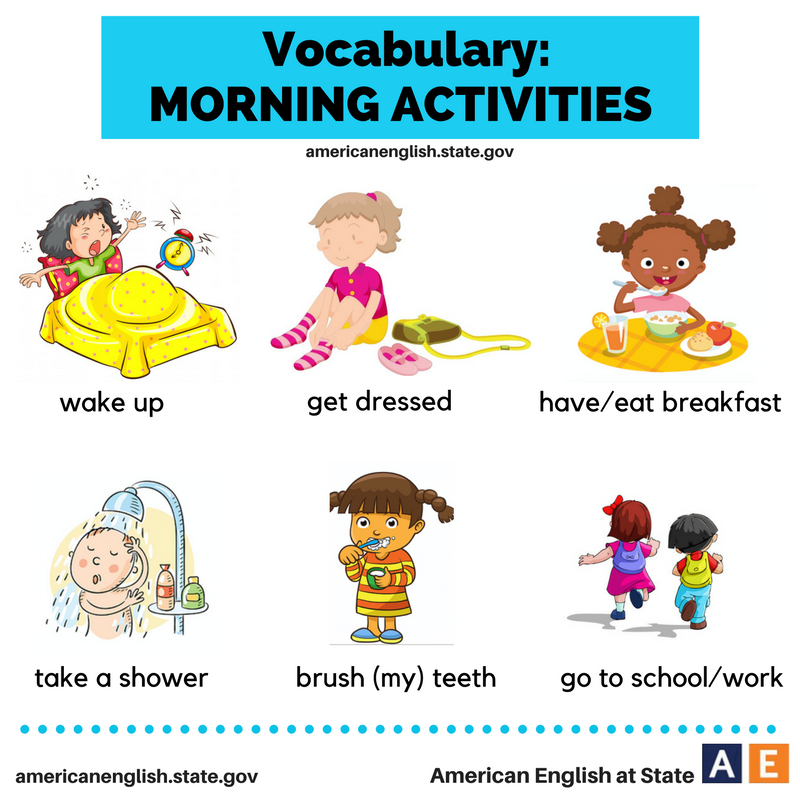 Rarely, the discomfort may be caused by a sensitivity to milk protein in formula. Your baby’s healthcare provider will be able to check for and diagnose any food sensitivity or intolerance.
Rarely, the discomfort may be caused by a sensitivity to milk protein in formula. Your baby’s healthcare provider will be able to check for and diagnose any food sensitivity or intolerance.Medical problem. In some cases, your baby may be reacting to discomfort resulting from an illness or other problem such as a hernia, which the healthcare provider will be able to check for and treat.
Although colic usually lasts only a few months, this can seem like a lifetime when your baby is in the middle of a crying spell! Sometimes, nothing will seem to work to calm them and your nerves may become frayed.
Never Shake Your Baby!
If you are feeling overwhelmed and frustrated, put your baby in a safe location, such as their crib, for a short time and take a break in another room, or ask a loved one to care for them for a few hours so you can have some much-deserved me time. With colic, there is an end in sight; in a few months or so those colicky crying spells will likely stop.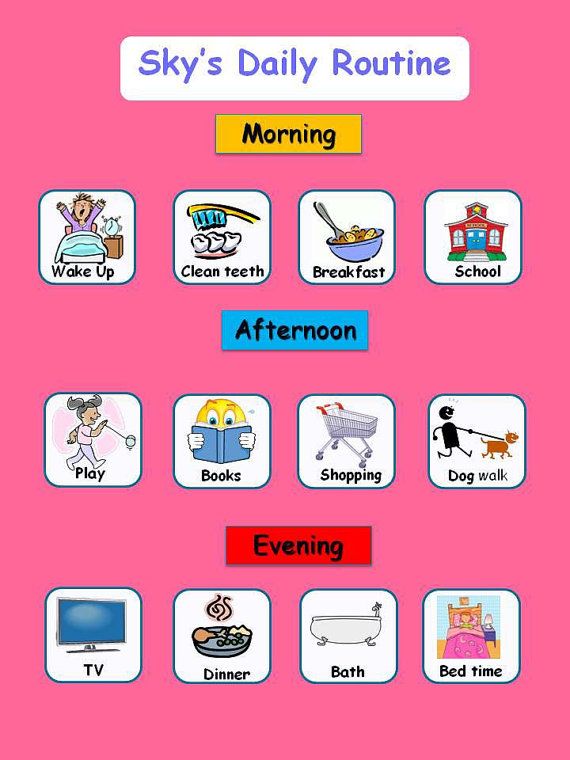
Regular checkups at this early stage typically take place when your baby turns 1 month old and again when they’re 2 months old. Of course, you can call your baby’s healthcare provider any time you have a question or concern, even between visits. At your baby’s regular checkups your baby’s provider will
check your baby’s growth and development
do a physical exam
complete any screening tests that haven’t been done yet
ask how you’re doing and perhaps offer advice
answer all your questions
give you an idea of your baby’s progress in the coming weeks and months
schedule or give your baby any immunizations that may be required in the coming weeks.
Here are some tips to help you bond with your little one and help them feel safe and secure, key components of healthy development:
Provide close, warm, and consistent physical contact.
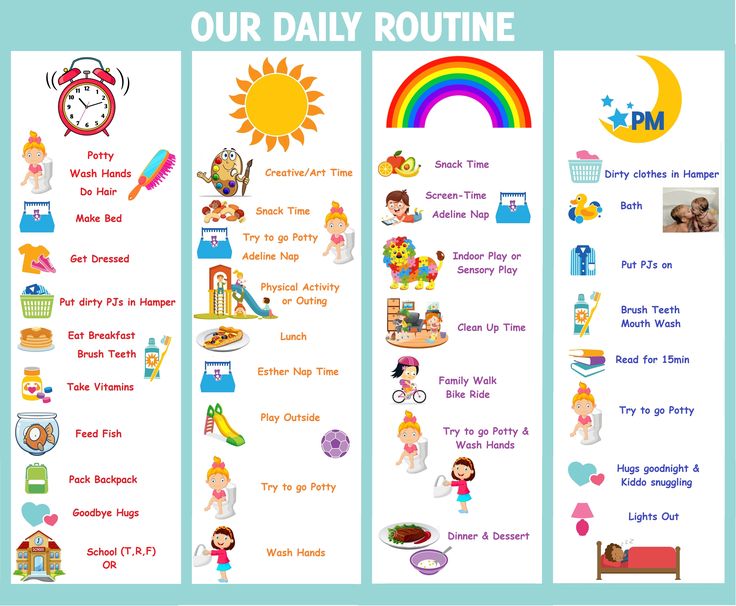 Holding and hugging your baby as often as possible promotes your baby’s sense of security and well-being. Continued skin-to-skin contact is also important. Make sure others in the household and other caregivers also provide the same loving care to your baby. There’s no way you can spoil your baby by giving them the attention they need.
Holding and hugging your baby as often as possible promotes your baby’s sense of security and well-being. Continued skin-to-skin contact is also important. Make sure others in the household and other caregivers also provide the same loving care to your baby. There’s no way you can spoil your baby by giving them the attention they need.Talk to your baby. Say your baby's name and use simple phrases to narrate some of your actions, such as during dressing, diaper-changing, bath time, and feeding. Respond to their facial expressions and gestures—it’s a conversation! If you or your partner speak a different language, feel free to use it with your baby.
Read to your baby. Daily reading helps foster your baby's language development. Reading together also creates a feeling of physical closeness.
Be attuned to your baby’s personality and rhythm. Even at this early stage of their life, you know a lot about your baby: their temperament and moods, their likes and dislikes.
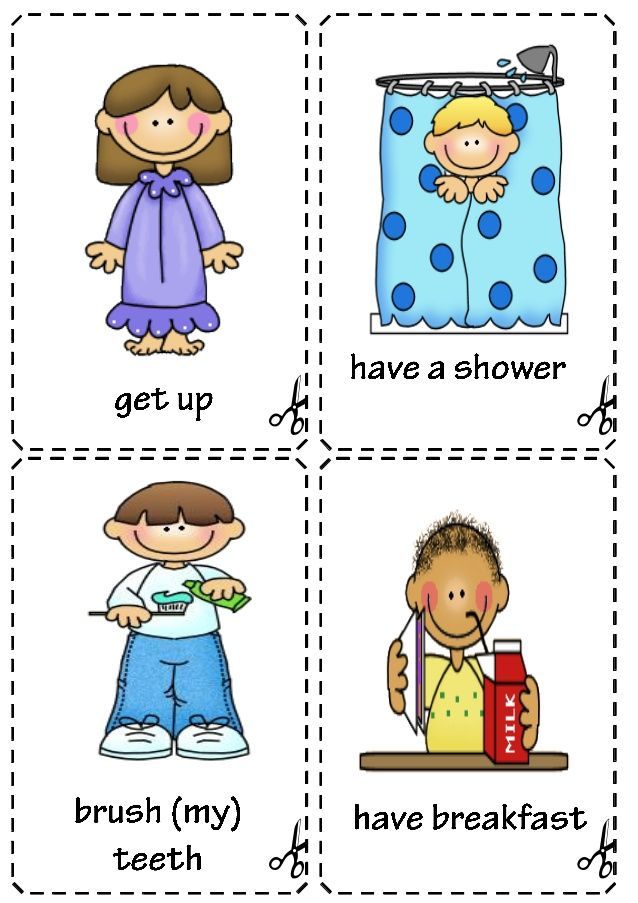 Paying attention to their cues will help you respond to their needs.
Paying attention to their cues will help you respond to their needs.
Whether you’ve already purchased some of the following baby products or have received them as gifts at your baby shower, these are things you may be reaching for this month:
Diaper bag. You may start heading outside more often this month and a diaper bag will help keep all your baby’s things organized, including diapers, wipes, and an extra change of clothes, among other necessities.
Baby bathtub. By now your baby’s umbilical cord stump has fallen off, so it’s time to bring out the baby bathtub.
Baby wash/shampoo and other bath-time supplies. A multi-purpose baby wash or shampoo designed for sensitive skin is a good choice.
Diapers, wipes, and diaper rash cream. You’ll continue to go through a lot of diapers in the months ahead, so it’s smart to stock up on supplies in advance.
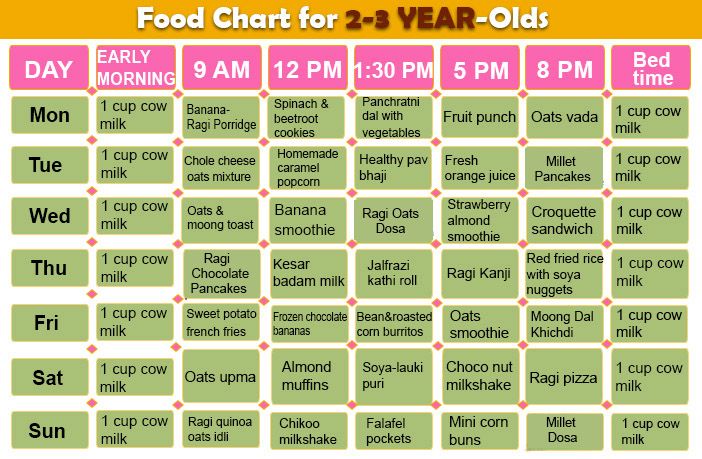
Sound machine. If your baby takes a while to fall asleep, you may consider using white noise or very soft music to help lull them to sleep.
Humidifier. If the air is dry in your home, or if your little one comes down with a cold, your baby's healthcare provider may suggest using a cool-mist humidifier in the room your baby sleeps.
Night-light. Having a night-light is helpful when it comes to those late-night feedings and check-ins. With a night-light there’s no need to disturb your baby by turning on a bright overhead light.
Baby thermometer. Babies tend to run fevers, and you'll need a thermometer specifically designed for babies, along with an up-to-date first-aid kit.
You might be feeling more confident this month as some of the uncertainty you may have felt during the first few weeks starts to fade away.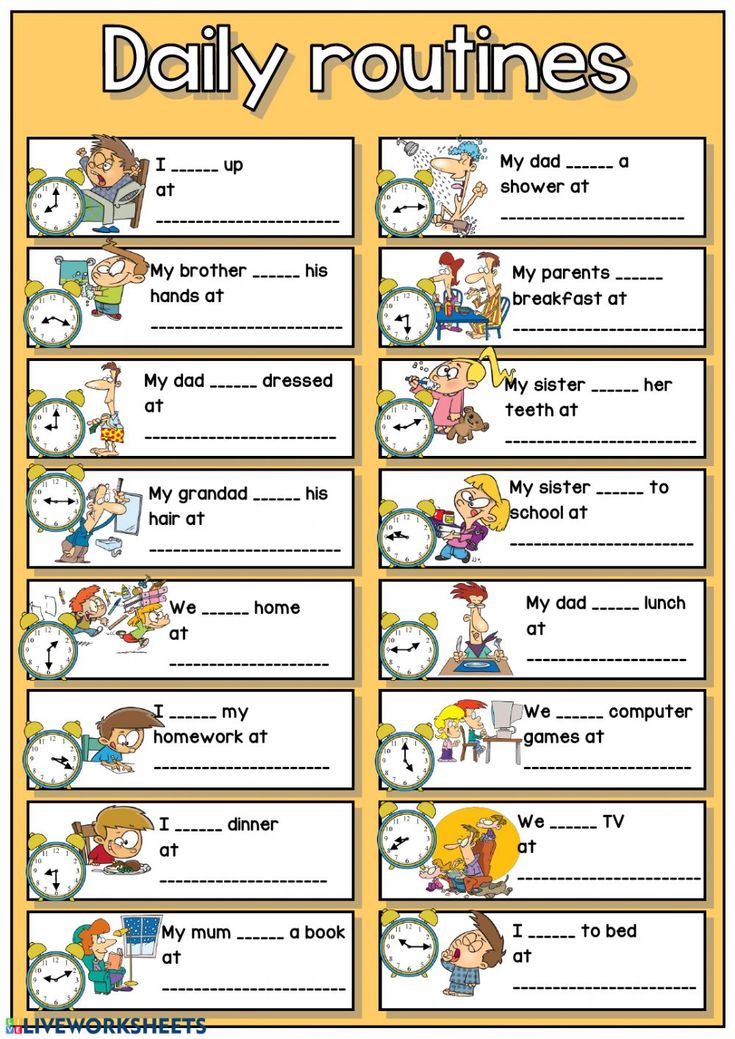 Still, talk about any concerns you have with trusted loved ones or your healthcare provider. You might be surprised how much better you feel afterward.
Still, talk about any concerns you have with trusted loved ones or your healthcare provider. You might be surprised how much better you feel afterward.
If you're breastfeeding, you might experience discomfort resulting from a breast infection called mastitis. Contact your healthcare provider if you notice symptoms such as sore breasts, fever, or nausea. Don’t stop nursing as this will make things worse. Keep in mind that it’s safe for your baby to nurse when you have mastitis—the milk is not infected.
Treatment for mastitis includes expressing milk from your breasts either by feeding or pumping, but your provider may also recommend antibiotics. Get plenty of rest and drink lots of water to help your body fight the infection. Learn more about what mastitis is and how to treat it.
Checklist for This Month□ If you haven’t already been to the appointment, schedule and take your baby to their 1-month-old health checkup.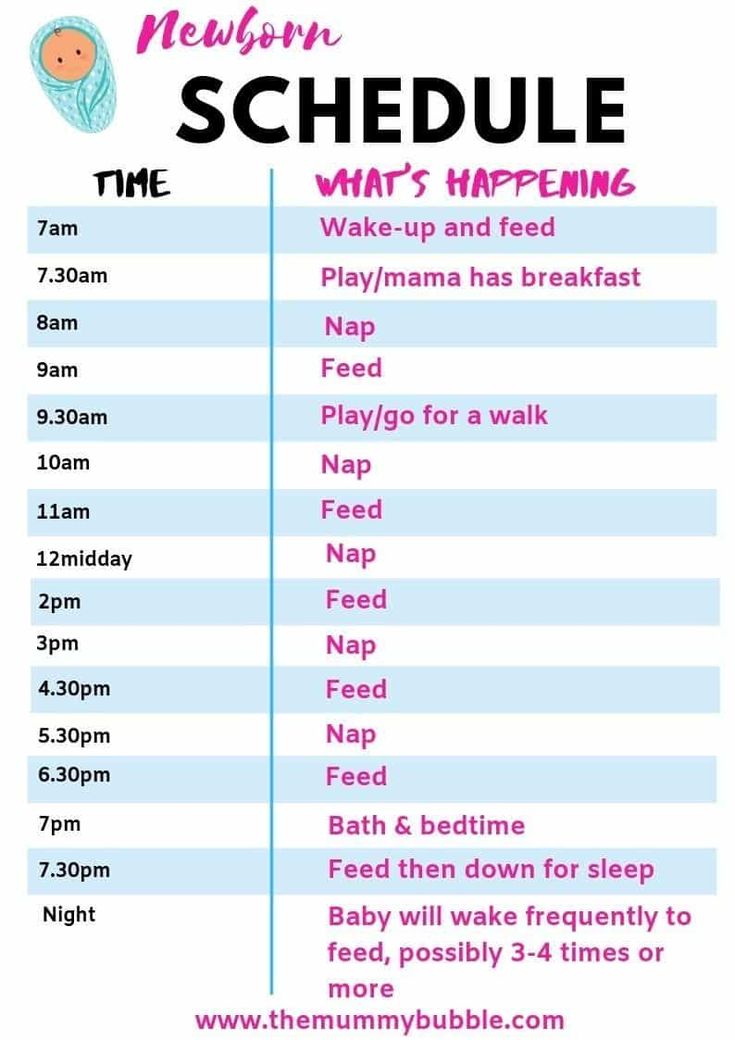
□ Keep track of any questions or concerns you have so you don't forget to bring them up at your next visit. Among other things, your baby's healthcare provider will want to know about your baby’s
bowel movements (diarrhea and/or constipation)
vomiting, fevers, infections
hearing or vision problems
sleep issues
rashes
weigh gain and/or loss.
□ Sign up for a baby first-aid course and encourage others who care for your baby to attend along with you. If you’re unsure where to find such a course near you, ask your baby’s healthcare provider—they’ll know one in your local area.
□ If you’re eager to know what’s ahead next month, take a look at what you might experience once your baby is 2 months old.
□ Your baby will be 2 months old soon. Why not download these milestone cards to help celebrate and share this big day with friends and family.
For even more information, sign up to get our regular emails:
newborn sleep and feeding schedule
02/26/2019
13
Your baby is almost 5 weeks old and do you remember how the first month was filled with new emotions, doubts and discoveries for you and your baby? But now you better understand your monthly baby and strive to organize a comfortable daily routine for your child.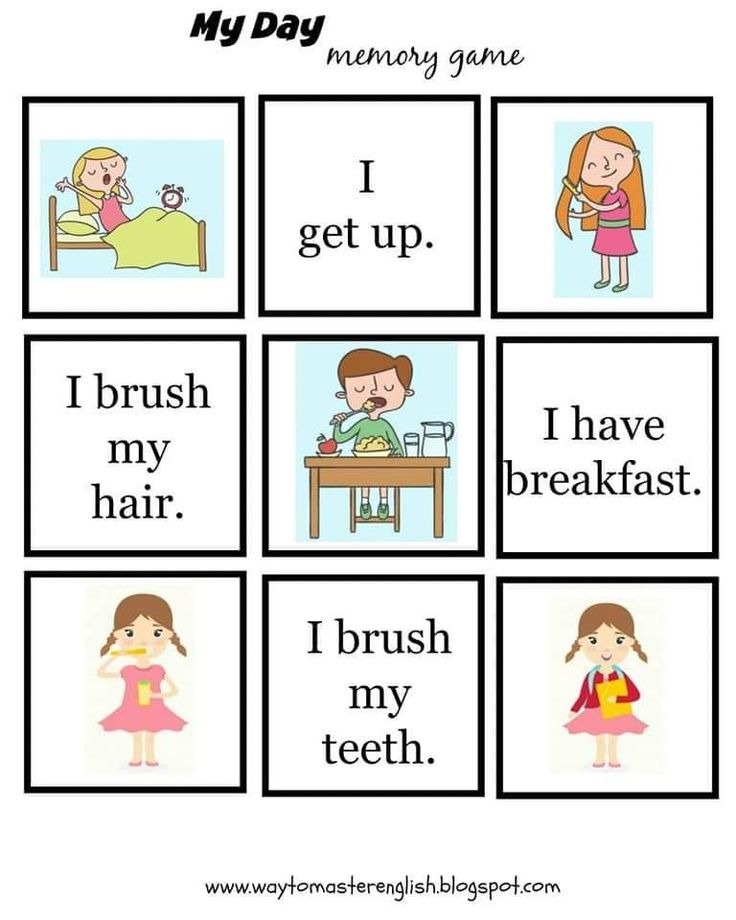 “What is important to consider at this age? How many hours of sleep and wake is enough for a child? How to properly organize the approximate regimen and feeding of a newborn this month? Frequently asked questions by new parents. Let's explore them together! nine0003
“What is important to consider at this age? How many hours of sleep and wake is enough for a child? How to properly organize the approximate regimen and feeding of a newborn this month? Frequently asked questions by new parents. Let's explore them together! nine0003
Baby's daily routine
1 month
In the first month of life, sleep is extremely important for the development of children, their growth and mood. Therefore, it is necessary to pay special attention to organizing the rest of the crumbs.
The baby sleeps approximately 17-20 hours a day. At the same time, some children of this age sleep more, others less.
Usually night sleep is 7-10 hours with awakenings for feeding, and daytime sleep is about 8-9 hours. With this mode, you will notice that the baby sleeps 4-6 times a day. It is important to remember that a newborn's daytime sleep can be both short (20-40 minutes) and long (up to 3 hours).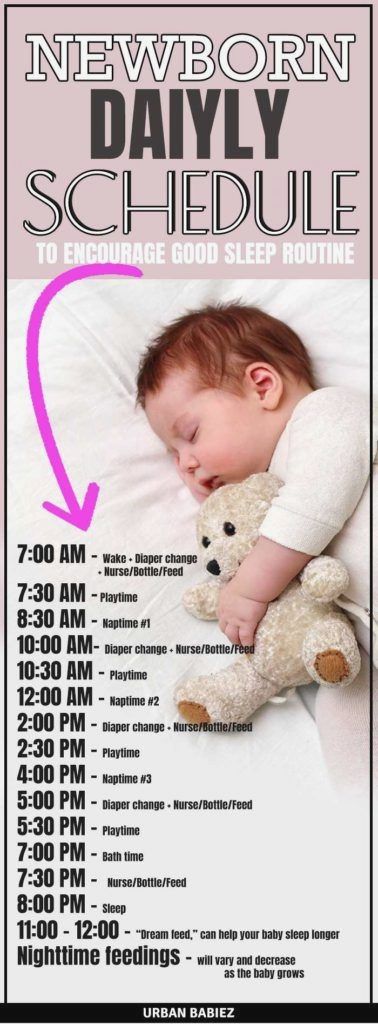 nine0003
nine0003
This is due to the fact that the brain of a newborn is not yet physiologically mature, the biological clock is not formed, so the child does not have any clear regimen. It turns out that you will not be able to achieve one schedule daily yet. Also, leaving at night can change and be quite late. You will also notice that the baby during the rest gurgles, moves and does not seem to be actually sleeping. The fact is that now the child sleeps mainly in the fast phase, so now children's sleep is quite restless. nine0003
Waking time - is the second important point that should be taken into account when forming the routine of a monthly baby. On average, the baby should be awake for up to 60 minutes. Focus on the time that the child slept in the previous daytime sleep - as much as possible he can hold out in the state of wakefulness. This will also help organize the baby's routine this month.
Avoid overexertion and watch your activity time between naps. Do not be afraid to soothe a newborn baby by any means. nine0003
Do not be afraid to soothe a newborn baby by any means. nine0003
What can be done to make the baby sleep better:
- Swaddle your baby so that he calms down faster and does not wake himself up with his arms and legs.
-
Organize sleep in your stroller. Babies tend to sleep longer outdoors. How long it takes to walk depends on the time of year. In summer it is possible up to 2-3 hours in a row, in winter - depending on weather conditions. If it's too cold outside, the best way out is to put the child on the balcony. nine0003
-
If the baby has difficulty falling asleep in the evening, dim the lights in advance, turn on white noise.
- Use a sling or chaise longue if the baby is completely capricious.
- Start going to bed as soon as you see the first signs of fatigue in the child - this is exactly the time when he wants to sleep.
- Remember that a change of bed may cause the baby to wake up.
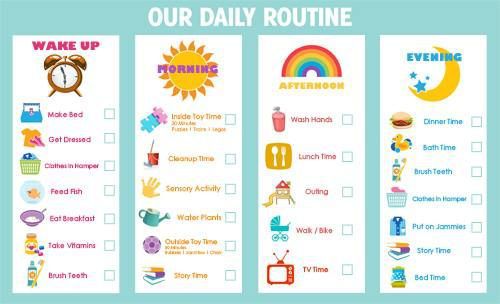 If you decide to transfer a sleeping baby from your arms to the crib, do it 20 minutes after falling asleep, when the baby is fast asleep. nine0040
If you decide to transfer a sleeping baby from your arms to the crib, do it 20 minutes after falling asleep, when the baby is fast asleep. nine0040 - Bathe your baby before bed. Soon, bathing for him will be a signal to end the day and prepare for bed.
- Give your baby a pacifier if he can't sleep. Just remember that it is better to start using a pacifier when breastfeeding after lactation is established.
- Use a weak night light when feeding at night.
Causes of poor sleep in a 1 month old baby can be:
1. Physical discomfort. In the evening, the baby may begin an attack of colic, which lasts from 2 to 6 hours. Support the baby in every possible way on such days - by 6 weeks relief will come. Also remember that the baby takes over your state. A calm mother is a calm baby. Therefore, try not to forget about your rest too and do not worry if the regime is violated. nine0003
2. Confusion of day and night. Due to the not yet formed circadian rhythms, a 1-month-old baby may sleep more during the day than at night.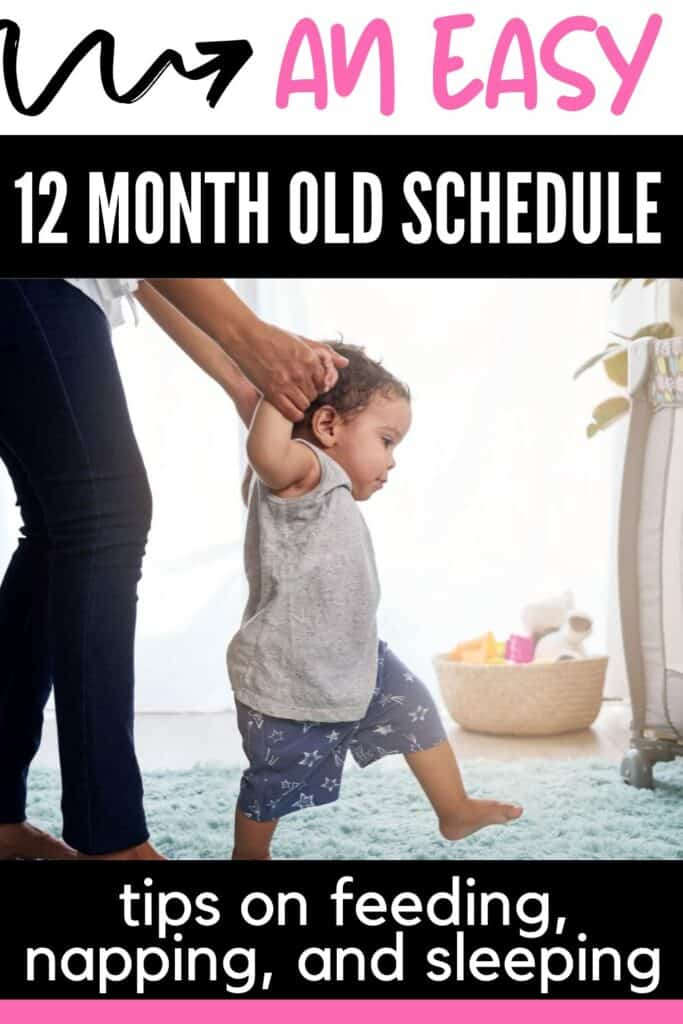 But already by 1.5 months, the baby will begin to sleep at night for up to 3-5 hours in a row. Take your child out to bright light during the day and dim the lights at night. So the baby's body will quickly adjust the internal clock. Try to start the morning early so that the child understands that the day has come. Carrying out hygiene procedures will become for him an association with the morning.
But already by 1.5 months, the baby will begin to sleep at night for up to 3-5 hours in a row. Take your child out to bright light during the day and dim the lights at night. So the baby's body will quickly adjust the internal clock. Try to start the morning early so that the child understands that the day has come. Carrying out hygiene procedures will become for him an association with the morning.
The table shows the sleep norms of a baby in the first month of life:
Baby's feeding schedule
1 month
A newborn baby basically eats every 2-3 hours, regardless of the time of day. Therefore, do not worry if the child often wakes up at night now.
IV babies eat less often because formula takes longer to digest than breast milk.
Modern pediatricians advise in the first weeks of a child's life on breastfeeding to organize meals on demand in order to establish lactation.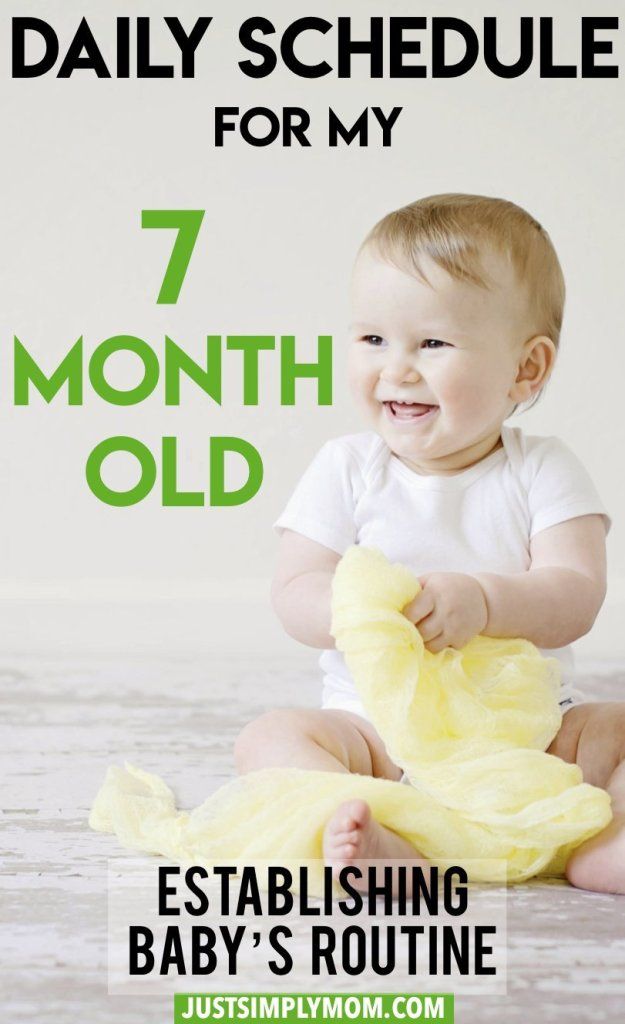 Night feeding also occurs on demand. nine0003
Night feeding also occurs on demand. nine0003
Gradually, you will learn to understand when the baby is hungry and asks for breasts. Also during this period, breasts are a way for children to satisfy the sucking reflex, calm down and relax.
When breastfeeding, the baby does not need water or other fluids for the first 6 months.
After the first month, the intervals between feedings will gradually increase. This will allow you to establish a more flexible mode when breastfeeding.
After a month, the break between feedings will increase, and you can move on to establishing a flexible regimen. nine0003
Apparently, it is very difficult to organize a clear daily routine for a newborn baby and live according to a schedule. But there are approximate norms of sleep and wakefulness, which allow you to create an approximate regimen during the day.
Tell us, did you manage to set the regimen for your baby at 1 month?
Like this article? Rate:
Votes: 197
How much should a baby sleep at 1 month
The sleep of a newborn baby causes concern and anxiety in young parents. The baby can sleep all day and stay awake at night. Or not sleep at all “neither day nor night” - wake up at short intervals, demand a breast. Chaos, the absence of any predictability and regimen is the norm for a baby in the first month of life.
In this article we will tell:
- about the features of sleep and wakefulness of a newborn baby (child's day regimen at 1 month old)
- about how to navigate the sleep-wake cycles
- what is the optimal daily routine for a newborn
- about what affects the quality of baby's sleep
- is there a relationship between the state and mood of the mother and sleep baby
Newborn sleep features
Newborn babies sleep a lot, but chaotically! This is due to the physiological immaturity of the brain.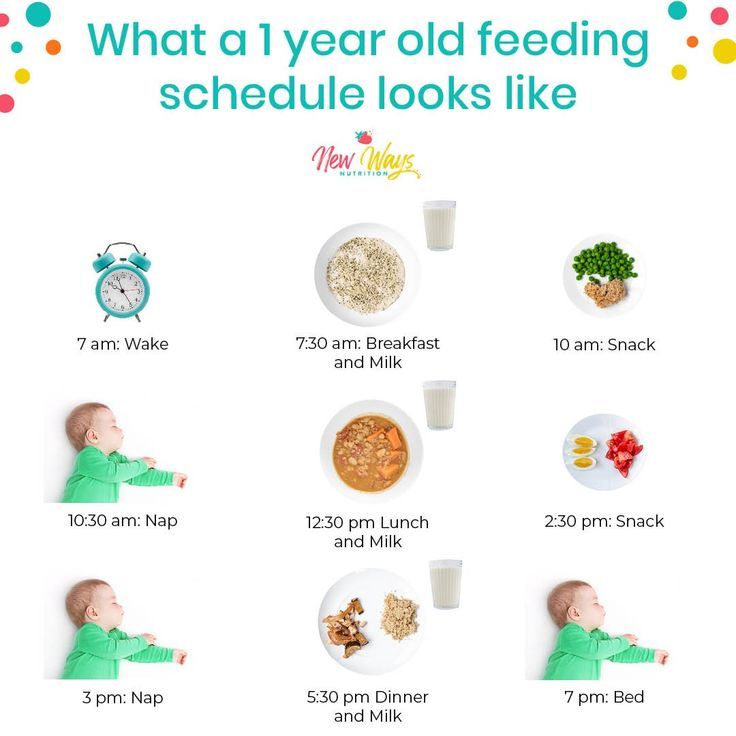
In the daily routine of a one-month-old baby, the total number of hours of sleep during the day is about 8-9hours and about the same at night. In total, the baby sleeps 16 - 18 hours a day. The sleep of babies is very superficial, since 50% of sleep is the active phase, and the synthesis of their own “sleep hormone” melatonin will improve only by the 3rd month of life. For the same reason, children in the first month of life do not distinguish day from night. There is no clear daily routine for babies from birth to 3 months.
It's too early to talk about a clock schedule, early bedtime, a certain time for waking up and eating. nine0003
What we used to call the daily routine in older children, in newborns, it is rather the rhythm of sleep and wakefulness - a change in food and dream cycles. In a newborn, this cycle is 2-3 hours.
Wake time of the baby
From birth, the baby can be awake for 20-40 minutes. By the end of the first month, the time of wakefulness increases and can be up to 60-90 minutes.
It is very important not to overwork the child and watch for signs of fatigue. And remember that the time of wakefulness of the child in the first month includes active and calm wakefulness, preparation for sleep, ritual and falling asleep. nine0003
Staying awake is very important during this period! Try to avoid visiting noisy and crowded places with your newborn baby. The protective reaction of the nervous system of newborns is the "shutdown" at the time of excessive external stimulation of the nervous system. Babies turn off in noisy places. Outwardly, it looks like the child has fallen asleep. And parents most often perceive these situations as "nothing special is happening, the child is just sleeping." But such a dream is not healthy. The child's nervous system simply cannot withstand the load - light, noise, a lot of people around and "turns off", and the child does not rest properly. nine0003
Baby's diet
Newborns eat only breast milk (for breastfeeding babies) or formula (for IV babies).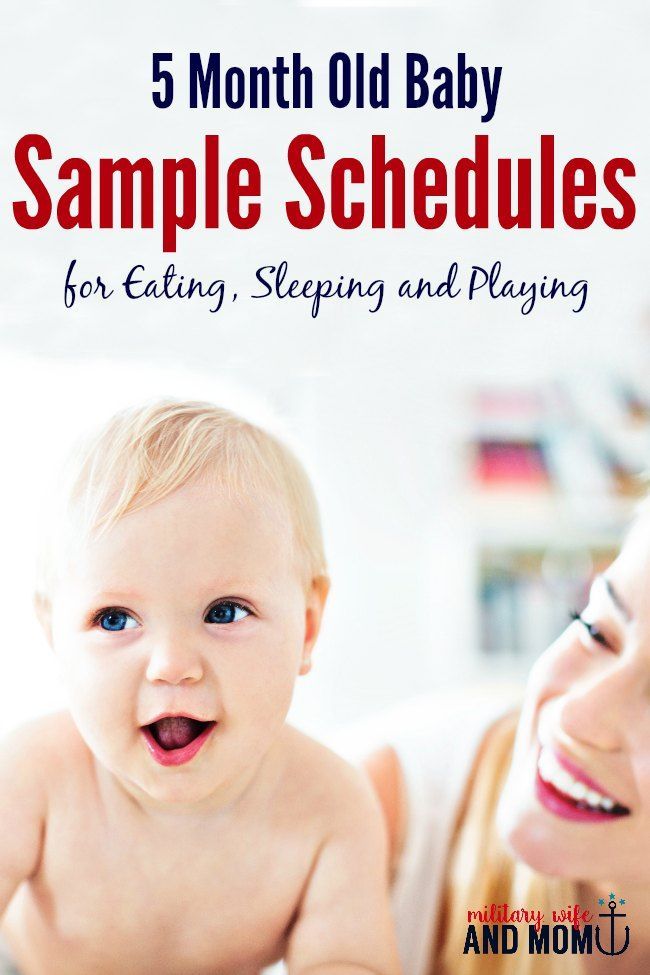
- The baby's daily feeding regimen is feeding once every 1.5-2 hours, if we are talking about breastfeeding
- At night, the baby can wake up about 3 times a night to eat. The stomach is still too small and the baby cannot eat enough to sleep through the night without waking up.
3 feedings per night is enough for the baby to get nutrition. In practice, babies wake up much more often. This happens because, in addition to milk as the basis of nutrition, the baby also needs a mother - her warmth, hugs, smell, voice. nine0003
To be without a mother for a long time, the baby still cannot fall asleep without her - the nervous system is still very immature and the baby needs mother's help and her presence.
VIDEO LESSON
Baby sleep from 0 to 3 months
More
What will help your baby sleep better in the first month?
The baby still cannot calm down on his own, and the task of the parents is to help him with this.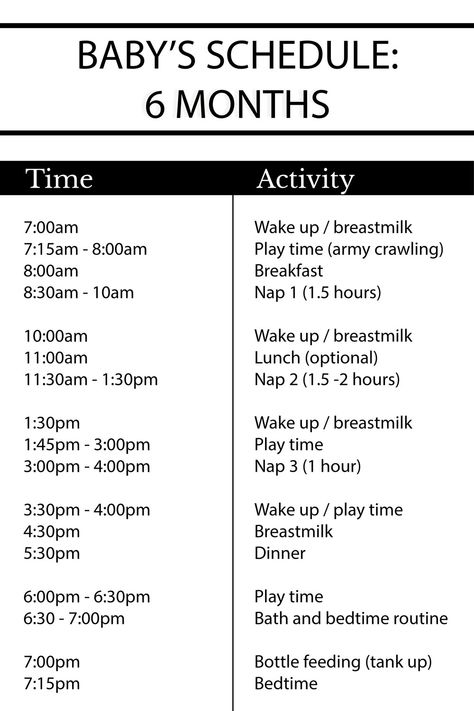 The most soothing means for a baby at 1 month old are sensations reminiscent of the mother's womb: blackout, "white noise", slight motion sickness and squeezing, the proximity and smell of mother's mother - breasts, hands, voice
The most soothing means for a baby at 1 month old are sensations reminiscent of the mother's womb: blackout, "white noise", slight motion sickness and squeezing, the proximity and smell of mother's mother - breasts, hands, voice
- Close curtains. The baby does not yet have its own melatonin, but dark curtains allow not to irritate the nervous system with bright light. And also to build the association “we sleep in the dark - we are awake in the light”
- Use white noise. Heartbeat, wind or wave noise, mother's voice recording (singing or hissing) can be used if the mother cannot always be present during the child's falling asleep and dreams.
- Gently rocking your baby to help him relax and fall asleep. nine0020 Just do not overdo it, too intense motion sickness is dangerous and can damage the baby's brain.
- Swaddling, when done safely - helps reduce involuntary jerks and improve sleep.
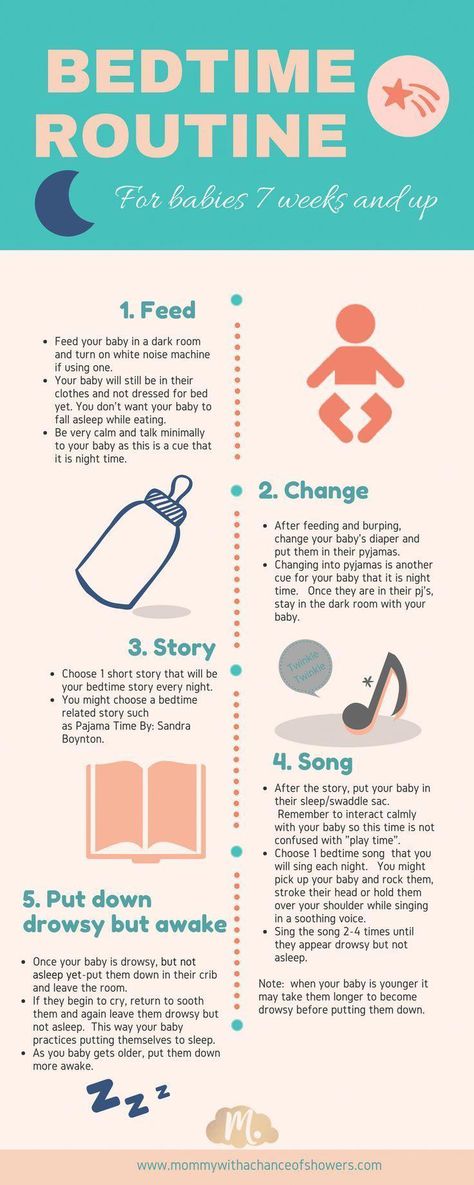
Mom's presence is the most important and most soothing association. The first 3 months of life can be considered the "fourth trimester" - full-term. Therefore, mother, her closeness is what the baby really needs both during wakefulness and during dreams. nine0003
In addition to soothing sleep conditions, it is very important to keep your wake time and avoid overindulgence. The biggest enemy for a baby's sleep at 1 month old is overwork. The baby, having “overdone” his waking time, can overwork, and the cortisol released into the blood will prevent calming and falling asleep, it will be difficult to put the baby to bed, and the subsequent sleep will be superficial and disturbing.
Use 1-month-old baby wake rates as a guide. But depending on the condition of the baby, time of day, weather conditions, the time of wakefulness may vary. It is very important for parents to be flexible, to take into account the signs of fatigue of the baby when putting him to bed.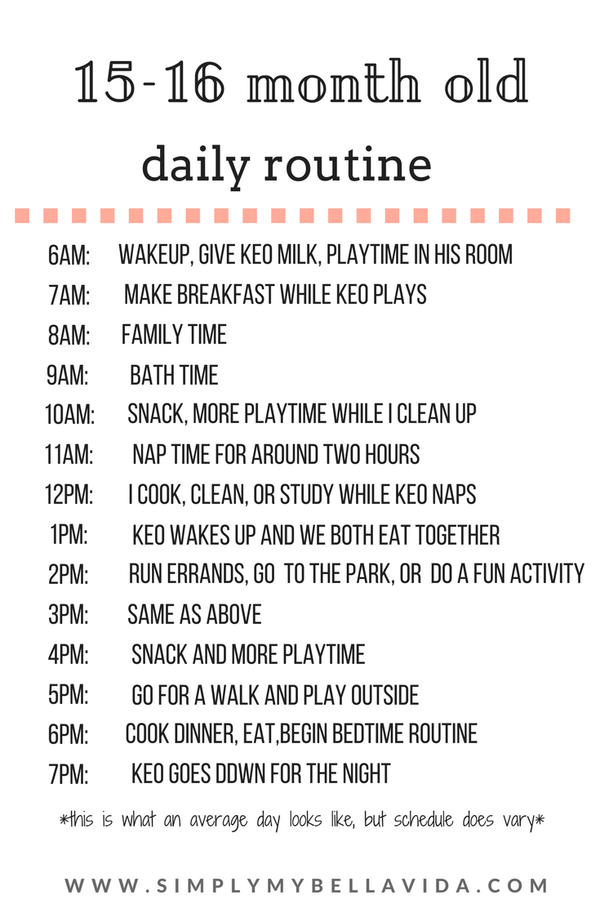 nine0003
nine0003
The mother's condition and mood greatly affect the baby
Mother and baby are in a very close relationship, this is especially pronounced in the first months of the baby's life.
Mom is sensitive to her baby:
Mom's milk is able to adapt to the needs of the baby, changing its composition.
- Mom's sleep also changes, becomes seismic - so mom is always "on the alert", she can watch her child even in a dream. nine0003
The baby, in turn, is exactly the same attuned to the mother:
- Any changes in the state of the mother, physical or emotional, affect the baby.
- When a mother is stressed, her cortisol is transferred to the baby. Cortisol is the main antagonist of melatonin and will interfere with calm. While the mother’s calm state, soothing, “endorphin” voice will lull the baby to sleep.
It is very important for a mother to take care of herself, to involve loved ones, if possible.